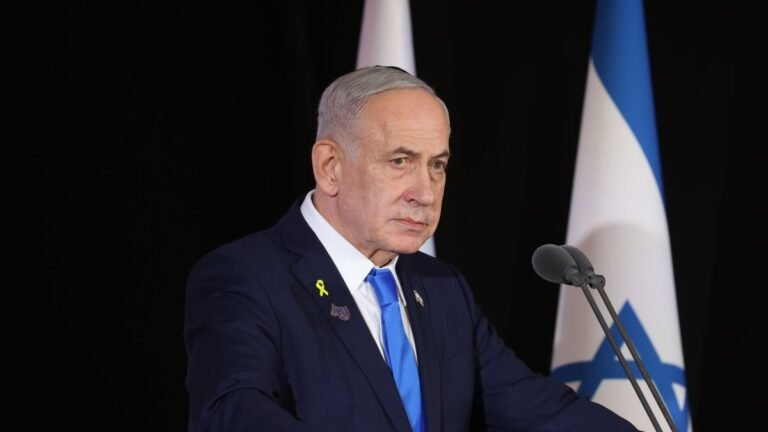Turkey has issued arrest warrants for Israeli Prime Minister Benjamin Netanyahu and several senior officials, accusing them of genocide and crimes against humanity in Gaza.
The Istanbul prosecutor’s office named 37 suspects, including Israel’s defense minister Israel Katz, national security minister Itamar Ben-Gvir, and army chief Lt. Gen. Eyal Zamir. The full list of names has not been released.
The statement from Turkey alleges that the Israeli government has “systematically perpetrated” crimes in Gaza. It also highlighted the bombing of the Turkish-Palestinian Friendship Hospital in Gaza last March as evidence of these alleged violations.
Israel strongly rejected the move, labeling it a public relations stunt. Foreign Minister Gideon Saar criticized the action, calling it a “PR stunt by the tyrant President Erdoğan” on social media platform X.
This is part of Turkey’s ongoing efforts to hold Israeli officials accountable. Last year, Ankara joined South Africa’s case at the International Court of Justice, accusing Israel of genocide.
The arrest warrants come amid a fragile ceasefire in Gaza, which has been in place since 10 October under a regional peace plan brokered by former U.S. President Donald Trump. The ceasefire followed weeks of intense fighting that devastated the Palestinian territory.
Turkey’s legal action signals its commitment to Palestinian rights and highlights tensions between Ankara and Jerusalem. Analysts say the move could further complicate diplomatic relations while keeping international attention on alleged violations in Gaza.
Despite the controversy, Turkey maintains that the warrants are a legitimate attempt to seek accountability for crimes committed against civilians. The country has urged the international community to support its efforts to investigate and prosecute the alleged abuses.
The warrants also underscore ongoing concerns over civilian protection and humanitarian access in Gaza. Observers note that the legal measures could intensify scrutiny of Israeli military operations and set a precedent for holding national leaders accountable for actions in conflict zones.
Turkey arrest warrant Netanyahu reflects a broader strategy by Ankara to assert its influence in Middle Eastern diplomacy and human rights advocacy. The development has drawn global attention and is likely to shape discussions on international law and accountability in conflict situations.
The situation remains tense as both sides continue to navigate the fragile peace. Experts emphasize the importance of continued monitoring to prevent escalation and ensure compliance with international humanitarian norms.







